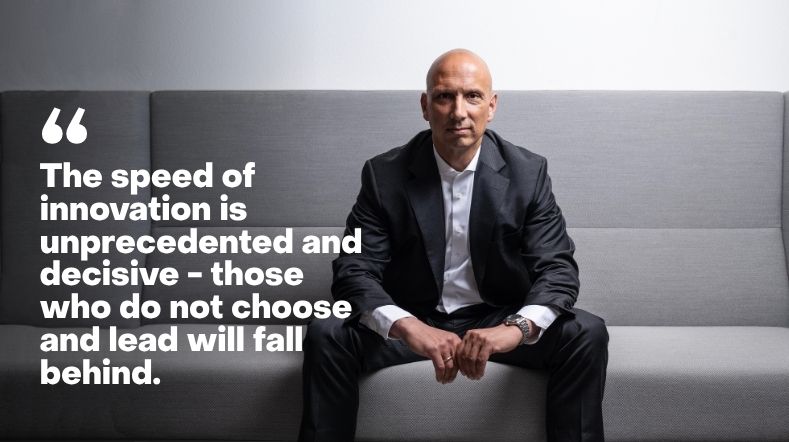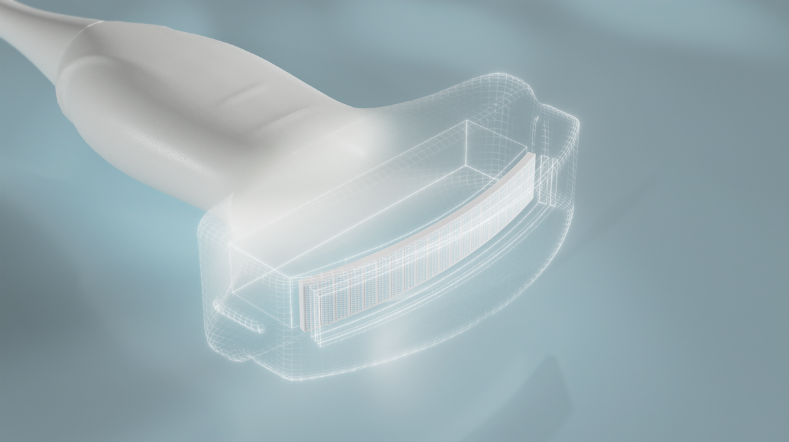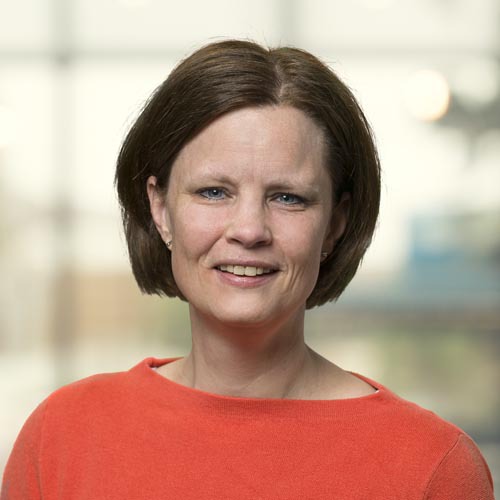Risk Analysis for Prevention, Innovation & Development
RAPID studies the health effects of exposure to hazardous substances in the workplace, in the environment, and after intake. It develops innovative approaches for early prediction of health effects resulting from such exposure, as well as measuring, modelling, and managing exposure. We do this research within national and international legal frameworks, and we focus on earlier process phases, such as the development of new ingredients, materials, and products by means of Safe and Sustainable by Design concepts.
Health risks of hazardous substances
On the basis of RAPID, we’re increasingly modelling health risks of hazardous substances for humans in order to reduce costs and increase speed. In doing so, we combine in-depth knowledge of risk analysis and statistics with practical experience in the field of innovative experimental research. This includes research into toxicology, immune health, epidemiology, chemistry, human exposure, statistics, and modelling. For example, we’re developing integrated strategies that predict human health risks with high precision and make minimal use of animal studies.
We use the Diamonds data platform to integrate data for Life Sciences in various domains, such as risk assessments of substances, safety assessments of drug targets, and decision support systems for personalised advice.
Our expertise
The focus of RAPID is to demonstrate whether innovations work to a sufficient degree (proof of principle), and to deliver a first application, in which the working principle is used (proof of market). With external partners, we shape the further upscaling of a significant part of these innovations in the private market.
We’re strongly internationally oriented and focus on industrial challenges within three business sectors:
- chemistry
- pharma
- food
We also support governments with their research issues.
Applications and impact
Some examples of our applications with their impact on society:
- Based on research among a large number of industry organisations, we conclude that many Dutch citizens may be exposed to nanoparticles in the workplace. These results serve as a basis for new large-scale research into nanoparticle exposure among Dutch workers.
- We’ve shown that the concentration of allergens in foodstuffs can cause public health risks through cross-contamination. A model we developed calculates the number of consumers who have an allergic reaction to a certain concentration of an allergen in food. Our research and the international database managed by TNO, with more than 3500 sensitivity thresholds in individual patients with food allergies, form the basis for WHO/FAO advice on safe limits for allergens in food.
- RAPID plays a leading role in developing the multidisciplinary exposome paradigm. The exposome identifies multifactorial health stressors, resulting from multiple and lifelong exposure, in relation to health effects. The exposome is taking on an increasingly significant role in determining/measuring health and developing strategies for health interventions.
- RAPID has developed a digital text-mining application called Target Tri to help pharmaceutical companies with the early selection of new drug targets. Target Tri can quickly establish the safety and effectiveness of targets.
Connecting the dots for effective disease prevention
Read our white paper on how environmental exposures are a major risk factor for disease.
Get inspired
TNO Strategic Plan 2026–2029: Focus, scale and impact


IPUT® The Integrated Photonic Ultrasound Transducer


Pioneering with a purpose: The Netherlands at the forefront of quantum innovation


TNO at Lowlands festival: science beyond the lab


DIMPLAD: Empowering early recognition of Alzheimer’s with user-centered digital solutions


